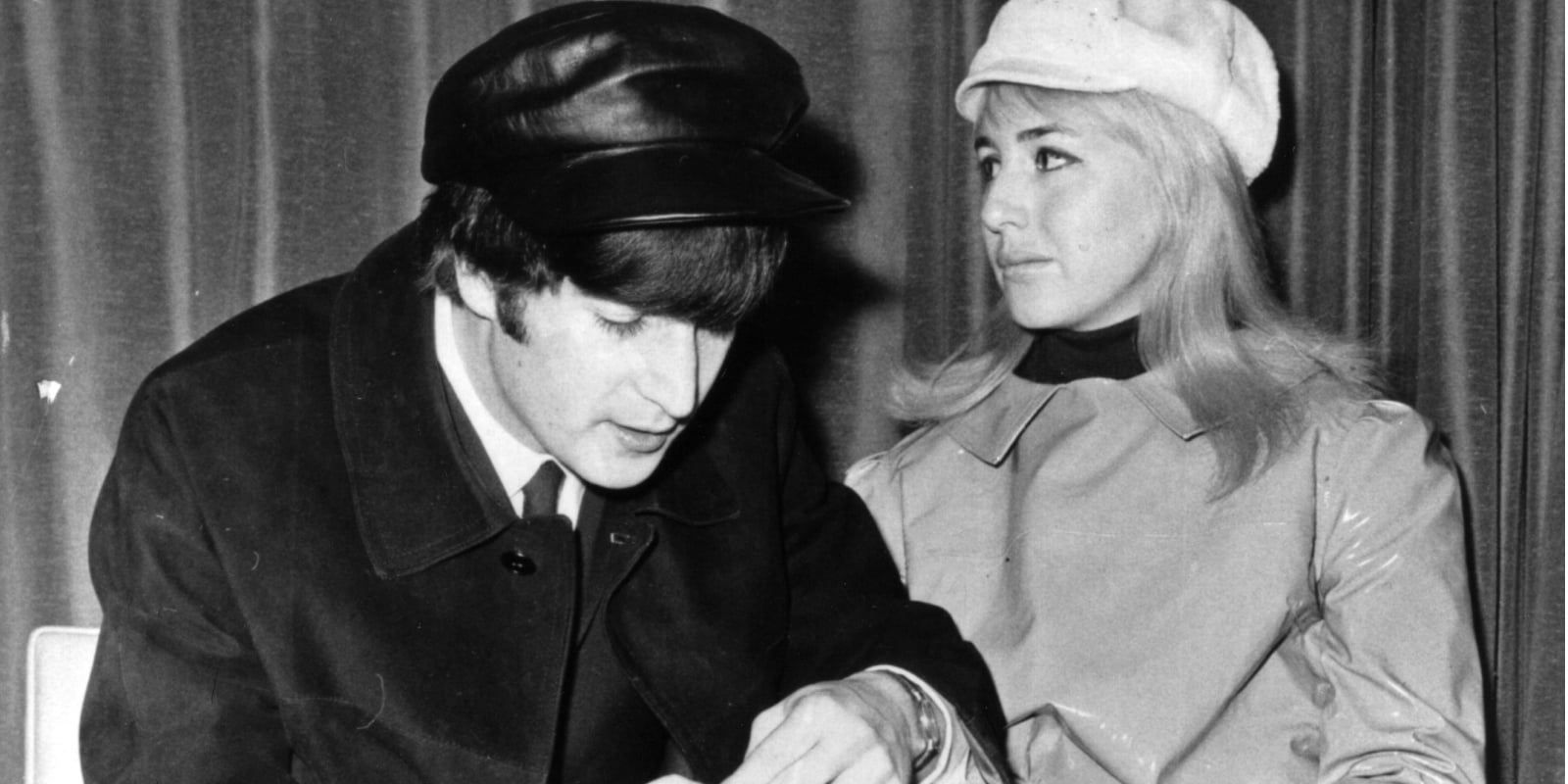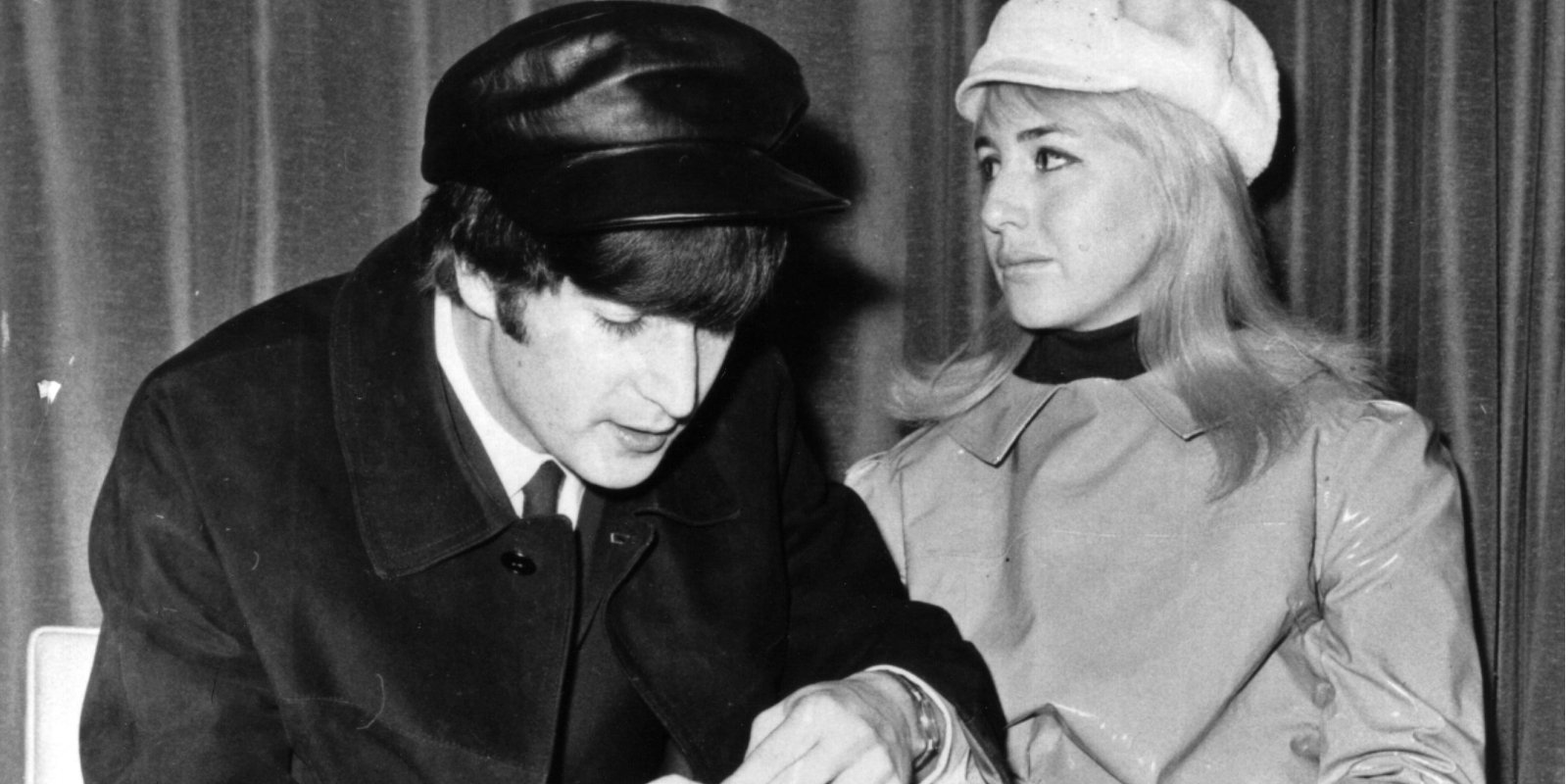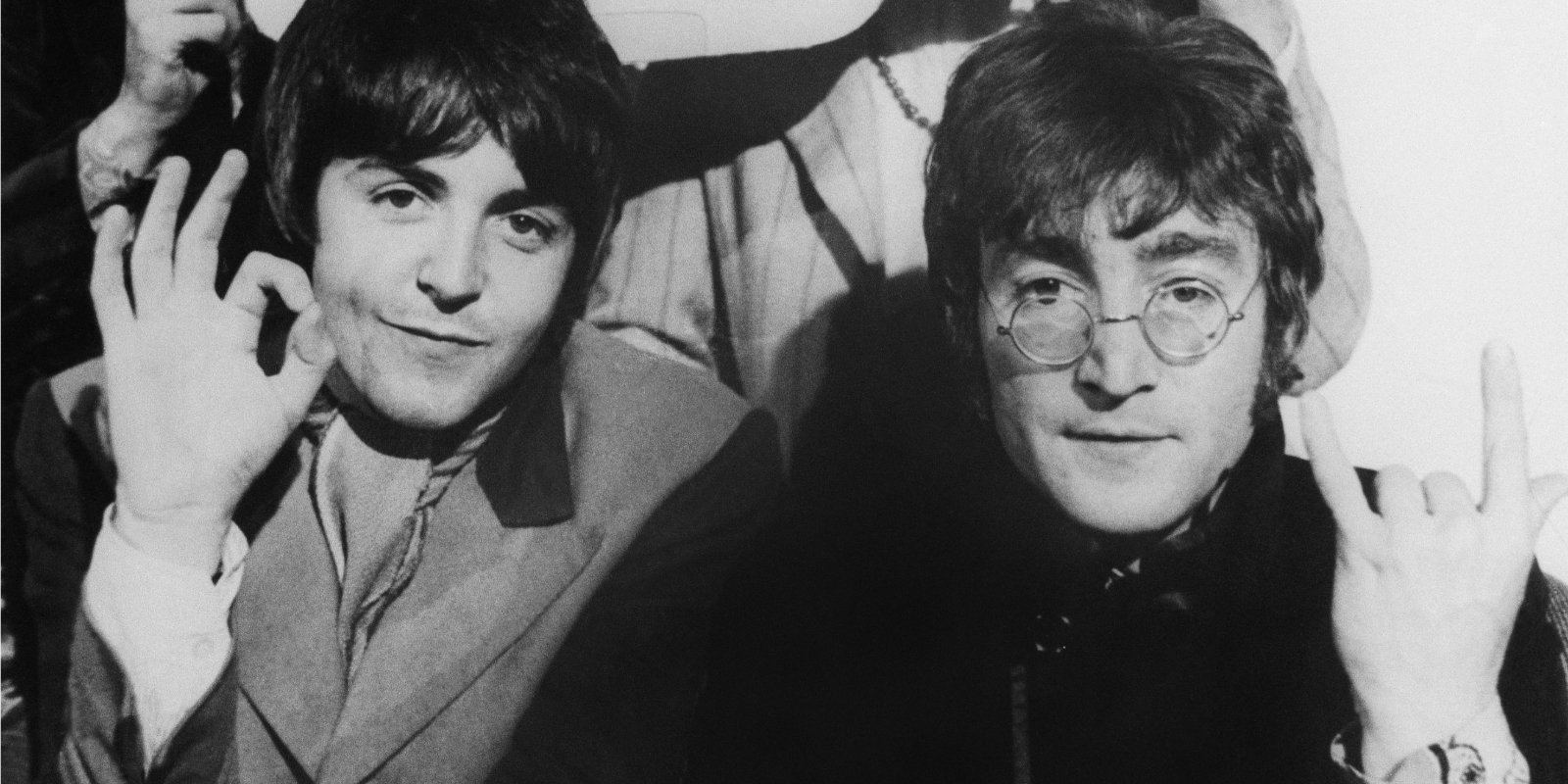
John Lennon’s Prolific Song off ‘Let It Be’ Was Written About His Wife Cynthia
The Beatles‘ John Lennon was inspired to write a prolific tune for their 12th studio album Let It Be about his wife and mother of his son Julian, Cynthia Lennon. However, the song was more about the discord in the couple’s marriage than happier times. A fight inspired the 1968 track as John and Cynthia’s marriage hit a rocky period ahead of their eventual divorce.

John and Cynthia Lennon’s marriage was in turmoil when he wrote songs for the album ‘Let It Be’
Cynthia and John’s tumultuous marriage hit a boiling point in February 1968 when he confessed to his wife he had cheated on her. While she had suspicions of John’s infidelity over the years, Cynthia ignored rumors regarding her husband’s affairs. In an interview for The Sun, she revealed she was “so naive. You don’t worry about what you don’t know, but in later years, you would read what they were up to.”
Back in 1968, before Lennon left Cynthia for Yoko Ono, songwriting became his method of dealing with the breakdown of his marriage. He and Cynthia met in art college in Liverpool. When she became pregnant, the couple tied the knot.
However, their marriage was kept a secret from The Beatles fans as their manager Brian Epstein feared fans wouldn’t respond well to one of the group as a married man. By the time of John’s affair with Yoko Ono in the late 1960s, Cynthia believed the couple had drifted apart due to his drug use.
She said: “Through acid — LSD — his vision did not include what he had, which was us. He was in a space where he didn’t know what kind of space it was. He’d been working for six years, then nothing — and it’s all about luck and timing who walked into that space.”
A fight with Cynthia inspired ‘Across the Universe’
Lennon spoke of the inspiration for “Across the Universe” in an interview with David Sheff and published in the book “All We Are Saying: The Last Major Interview with John Lennon and Yoko Ono.”
“I was lying next to my first wife in bed, you know, and I was irritated and thinking. She must have been going on and on about something, and she’d gone to sleep, and I kept hearing these words over and over, flowing like an endless stream.”
Lennon used his feelings to create lyrics to “Across the Universe,” a tune on Let It Be.
He said, “I went downstairs, and it turned into a sort of cosmic song rather than an irritated song. Rather than a ‘Why are you always mouthing off at me?’ [The words] were purely inspirational and were given to me as boom! I don’t own it you know; it came through like that.”
Lennon felt Paul McCartney subconsciously tried to ‘destroy my great songs’

Lennon told Playboy that he didn’t believe The Beatles made a good recording of “Across the Universe.” He felt that Paul McCartney “subconsciously tried to destroy my great songs.”
“We would play experimental games with my great pieces, like ‘Strawberry Fields,’ which I always felt was badly recorded. It worked, but it wasn’t what it could have been. I allowed it, though,” Lennon explained.
“We would spend hours doing little, detailed cleaning up on Paul’s songs, but when it came to mine—especially a great song like ‘Strawberry Fields’ or ‘Across the Universe’ —somehow an atmosphere of looseness and experimentation would come up,” he continued. “They never did the song properly. The words stand, luckily.”


